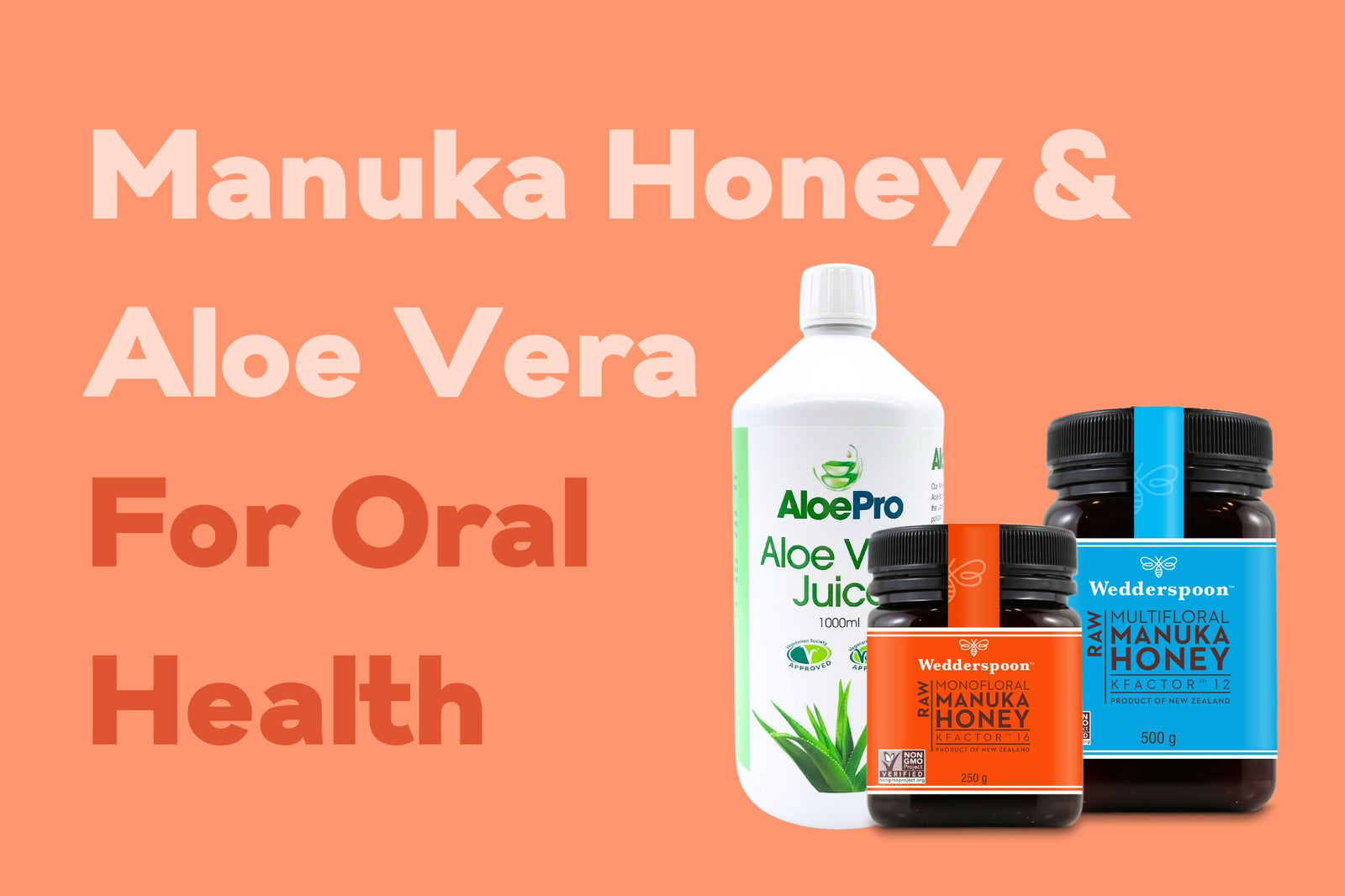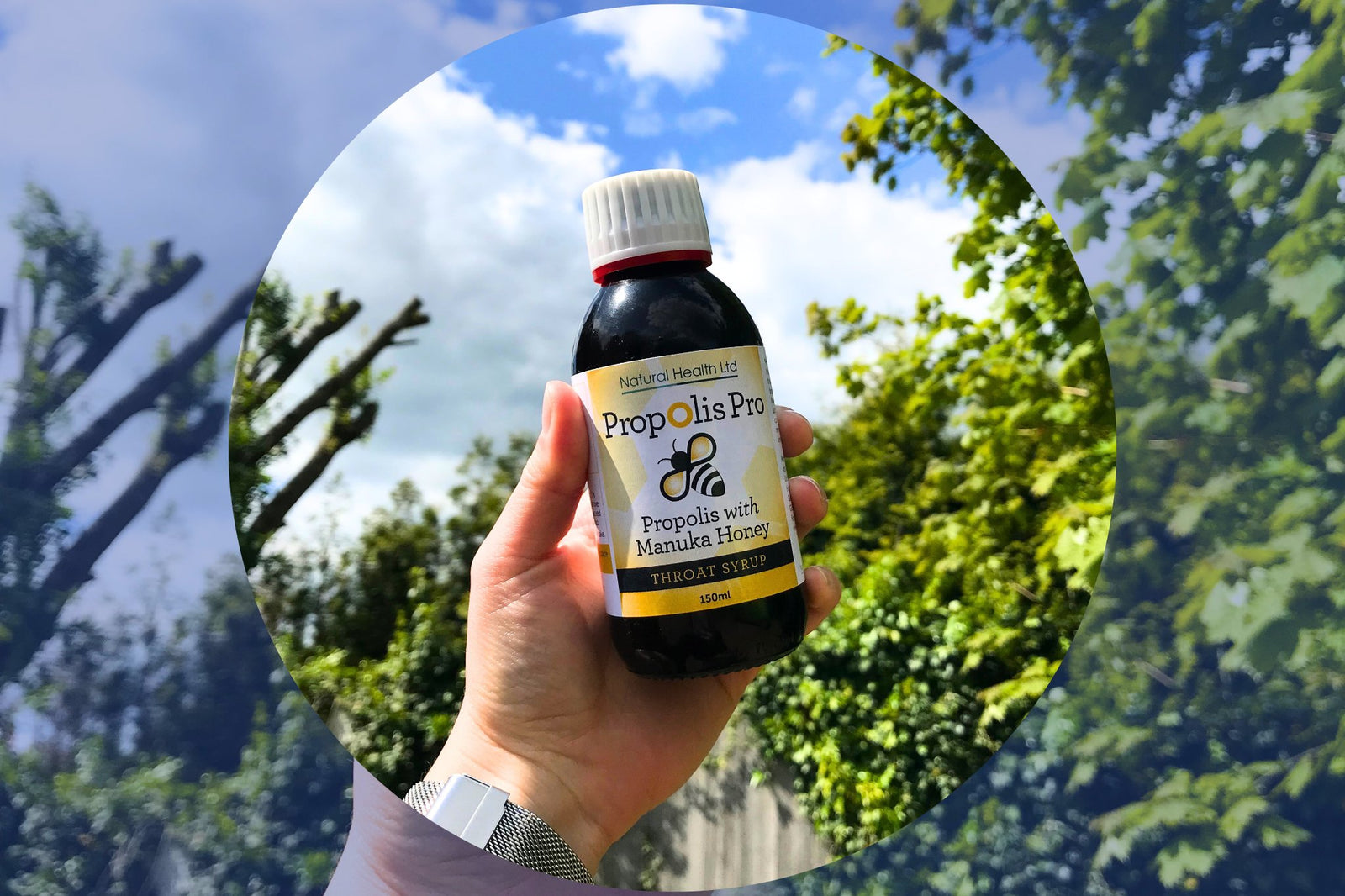Your Cart is Empty
Manuka Honey
The Role of the Queen Bee in the Hive
December 23, 2022 3 min read

The Queen Bee
The queen bee is at the heart of the hive and essential for its health and wellbeing. She is the mother of all the other members and the glue that holds the colony together. Without the queen, the hive will fail and the bees will disperse. The average queen bee lives between two to five years. She can sting multiple times and survive, unlike the workers bees. The queen is the largest bee in the colony, around 20mm in size. Her most important anatomical characteristics are her female reproductive organs.

Although the queen bee is the star of the hive because of her egg-laying abilities, she is controlled by the worker bees and relies on them heavily. Worker bees feed and groom the queen bee, they digest her food for her, and carry away her waste. Without the constant care of her attendants, the queen would die as she does not have the same glands to be able to digest food. Worker bees have the ability to raise a new queen or kill an existing one whenever they wish. The queen gives off a pheromone, sending out a message to the workers about her health and productivity. When workers can no longer smell a sufficient amount of the pheromone, they know it is time to raise a new queen.
What makes the Queen Bee?

The queen’s DNA is no different from that of her worker-bee sisters; the only difference is environmental. The Queen Bee is selected before birth and her life starts with a special egg that hangs vertically, called the ‘queen cup’. Queen cups are a wax dome-shaped cups intended to contain an egg for the future queen. Worker bees build the queen cup when the previous queen becomes weak or when the colony gets too large for the hive.
The Royal Diet

Once the eggs in queen cups hatch, the larvae are fed a specialised diet until they reach maturity. At first, they are fed royal jelly, which is a fluid secreted from the glands of nurse bees. Although larvae of worker bees are fed royal jelly, larvae of future queens are fed a significant amount, allowing their reproductive organs to develop fully. In the final two days of the larval stage, the queens are also fed honey, which includes hormones that help the body develop further.
How the Queen Mates

The queen will only mate once. Shortly after birth, the queen goes on a ‘nuptial’ mating flight. She hovers in the air attracting drones (male bees) to a drone congregating area. She will then mate with 10-20 different drones. During this process the drones that mate with the queen will die as their appendage is ripped form their body during the process.
Egg-laying
After a mating flight, the queen returns to the hive and stays inside for the rest of her life. While in the hive, the queen eats a diet of royal jelly and honey and spends the majority of her time laying eggs. A healthy queen lays around 1,000 to 1,500 eggs every day, or roughly 200,000 a year. Worker bees feed her continuously, dispose of her waste products and distribute her hormones around the hive to prevent the production of queen cells.

A queen bee can either lay a fertilized female egg or unfertilized male egg. The female bees have the potential to become worker bees or a queen bee, whereas the male bees become drones. Worker bees support the queen’s egg-laying productivity. They build huge stores of honey over the spring and summer to support the colony during the winter, after which the queen will start laying again. A drone’s sole purpose is to mate with the queen. So, drones don’t work, don’t make honey and can’t sting. Since the queen only needs to mate once, most of the drones do not even get a chance to fulfill their role.
Queen Bee Manuka Honey
One of our brands understand that the Queen Bee is so important for the hive that they named their Manuka Honey after it!
Also in Blog
Subscribe
Sign up to get the latest on sales, new releases and more …











